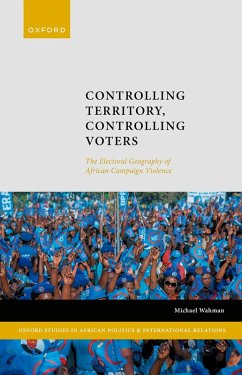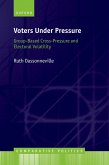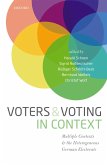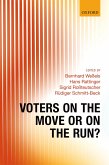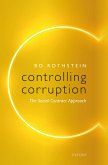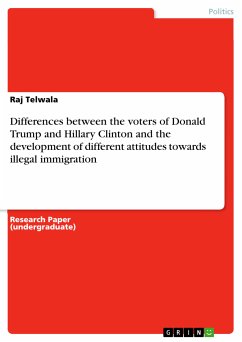Violence in election campaigns is common across the African continent and beyond. According to some estimations, most African elections contain some degree of violence and most of this violence happens before elections, during the campaign. While campaign violence is a common problem, it affects citizens differently across localities. When violence and intimidation become an integral part of election campaigns in a locality, they become tools of sub-national authoritarianism that may effectively dismantle local democracy. This book focuses on the political geography of election violence in Africa, building on one important observation: elections in many African countries are highly regional and the support for political parties are rarely nationalized. Wahman argues that in such environments, campaign violence becomes an important tool used by parties to control and regulate access to space. Building on a wealth of data and extensive fieldwork in Zambia and Malawi, the author uses a combination of electoral geography analysis, constituency-level election violence data collected from local election monitors, focus group interviews, archival material, and individual-level survey data to show how campaign violence in both countries is used as a territorial tool, predominantly within party strongholds. Oxford Studies in African Politics and International Relations is a series for scholars and students working on African politics and International Relations and related disciplines. Volumes concentrate on contemporary developments in African political science, political economy, and International Relations, such as electoral politics, democratization, decentralization, the political impact of natural resources, the dynamics and consequences of conflict, and the nature of the continent's engagement with the East and West. Comparative and mixed methods work is particularly encouraged. Case studies are welcomed but should demonstrate the broader theoretical and empirical implications of the study and its wider relevance to contemporary debates. The series focuses on sub-Saharan Africa, although proposals that explain how the region engages with North Africa and other parts of the world are of interest. General Editors Nic Cheeseman, Peace Medie, and Ricardo Soares de Oliveira.
Dieser Download kann aus rechtlichen Gründen nur mit Rechnungsadresse in A, B, BG, CY, CZ, D, DK, EW, E, FIN, F, GR, HR, H, IRL, I, LT, L, LR, M, NL, PL, P, R, S, SLO, SK ausgeliefert werden.

